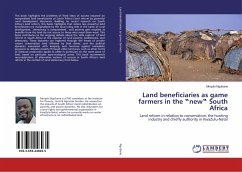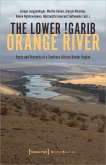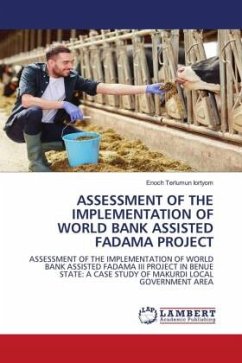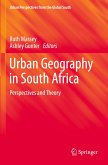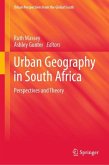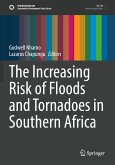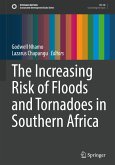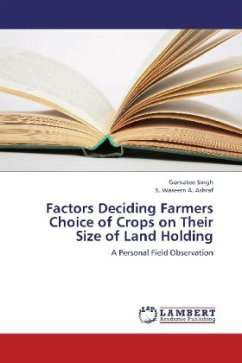This book highlights the problems of fixed ideas of success imposed on marginalized land beneficiaries of South Africa's land reform by powerful rural development discourses. Building on recent research on South Africa's land reform, this book highlights that where less powerful land beneficiaries are marginalized by the local ruling elite in the name of rural development, 'democracy is compromised', and poverty gets recycled as benefits from the land do not accrue to those who need them most. This book contributes to the ongoing debate about the 'elite capture' of land reform in South Africa at the expense of rural poverty, landlessness, and democracy. These dynamics are explored through the lenses of private nature conservation land affected by land claims, and the political dynamics associated with keeping such land-use against immediate pressures to alleviate poverty through other land-uses, such as other forms of livestock production (goats & cattle in particular) on the same piece of land, based on particular agro-ecological zones. This book recommends reconsideration of alternative notions of success in South Africa's land reform in the context of rural democracy from below.
Bitte wählen Sie Ihr Anliegen aus.
Rechnungen
Retourenschein anfordern
Bestellstatus
Storno

